We often get asked questions about the best way to pay yourself if you are a director of a limited company.
One of the main benefits of working via a limited company is that you can take advantage of tax planning measures not available via other business structures. As you are in control of the business, you can take the decisions about how much you want to be paid and when. In the majority of cases, limited company director / shareholders pay themselves a small salary, and take the rest of their income in the form of dividends. The main benefit of drawing down dividends from your company is that they are not subject to National Insurance deductions, unlike salaried income.
When you’re thinking about the level of salary you should pay yourself in the current tax year, it’s always wise to consider various factors, particularly the current income tax (personal allowance) and National Insurance thresholds.
Tax Free Personal Allowance
The current tax-free personal allowance is £11,850 (2018/19 tax year), so if your salary is below this amount, you will have no PAYE income tax to pay at all.
Don’t forget to take into account any salary you may have already earned from a previous employment (if you were a permanent staff member and are now working in a limited company), when working out how much further salary you wish to draw down in the current tax year.
It’s also worth noting that the value of your personal allowance is gradually withdrawn by £1 for every £2 you earn above £100,000 each tax year. This means that your entire personal allowance will have been removed by the time you earn £123,700.
National Insurance Contributions
Firstly, your company pays Employers’ NICs on any salaries it pays, and you will be personally liable to pay Employees’ NICs on the same level of income. Your company will pay 13.8% NICs on salaries paid in excess of £162 per week.
As a company employee, you will have to pay 12% NICs on salaried income in excess of £162 per week. For the latest NIC rates and thresholds, visit the HMRC site here.
It’s worth remembering that if you happen to have a contract of employment with your company then you must pay yourself the National Minimum Wage, which is currently £7.83/hour.
If your business is eligible, you could claim up to £3,000 in Employers NICs. This incentive reduces the NIC bills of eligible businesses to encourage them to take on staff. However, if you’re a company director, you will not benefit unless you earn £8,424 pa or more. In addition, you cannot claim the allowance if you are a sole director and have no other employees (from April 2016 onwards). More details are available on the HMRC website.
Finally, you should check with The Pension Service to see if your personal state pension will be affected by the level of NICs you pay, as if you pay yourself too low a salary, you may affect your pension entitlement. You can access a personal pension statement if you register online via the Government Gateway.
What’s the most tax-efficient salary to take in 2018/19?
There really isn’t a ‘one size fits all’ answer to that question. It depends on your individual circumstances, any previous in year employment and whether your company can claim the Employment Allowance or not.
For the 2018/19 tax year, if you pay yourself a salary of £8,424, you will pay no income tax or National Insurance at all. So, £8,424 is the most efficient salary to draw if you cannot claim the Employment Allowance. However, if you are eligible to claim the Employment Allowance, and pay yourself a salary of £11,850, there is no income tax to pay (as this is the same amount as the personal allowance). Ordinarily, if you took this level of salary, you would also have to pay employees’ and employers’ NICs of £411.12 and £472.79 respectively.
However, if you can claim the Employment Allowance, the employers’ NIC element is cancelled out, so your only liability is £411.12 in employees’ NICs. Also, by taking a £11,850 salary, you save £650.94 in additional Corporation Tax you’d have to pay if you take a £8,424 salary. Therefore, a £11,850 salary is the most tax efficient for the 2018/19 tax year if you can claim the Employment Allowance, although there is a little more admin involved and you need to ensure that the allowance isn’t being fully-utilised against employers’ NIC on other staff
The team at CB Reid are always happy to talk you through the options and find the one that best suits you. Equally, our specialist payroll department can assist with all payroll and pension reporting requirements using the latest GDPR-compliant software.

